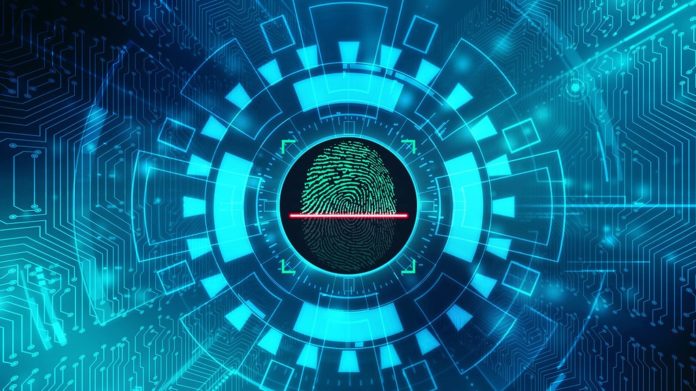Many of today’s devices already accept fingerprint logins, but some companies are taking things to the next level with biometric identification. Ford is looking into placing biometric sensors in their vehicles as an anti-theft feature, and some companies are making use of touchless options to help reduce the spread of COVID-19.
Biometric identification tools are a growing force in security because theft and fraud are becoming increasingly sophisticated. To stay secure, technology has to keep pace.
Ontario is home to a leading provider of biometric access control solutions called BioConnect. Their devices make use of physical characteristics to ensure identification for over 1,600 customers in Canada and internationally, including BMO and Visa.
No more fobs and keys?
The unique and relatively fixed nature of our physical characteristics makes everyone’s biometric identity a more reliable tool than passwords and keys. Common examples of biometric signatures include your fingerprint, iris, voice, and face. After a biometric signature is obtained, it can be securely stored and used to verify future attempts to gain access. In other words, your body becomes the “key” to unlocking the door.
The idea for BioConnect came when CEO Rob Douglas realized that keys, cards, and fobs are just external iterations of the user. For Douglas, the real solution is to build a comprehensive biometric infrastructure so we can just be ourselves.
“None of us wants all these things, but this is the way society has recognized who we are,” said Douglas to Start Up Here Toronto.
“There’s something like $3.7 trillion worth of fraud that exists in our economic system because we don’t know who people are; people can actually masquerade as someone they’re not.”
BioConnect offers a selection of next-generation security tools to counter such fraud. Particularly noteworthy is their facial recognition device for door security at entrances and classified rooms. This can be combined with multi-factor authentication, for example, with a push notification asking you to confirm it’s really you trying to gain access.
Building upon that is BioConnect’s COVID-19 terminal, using facial recognition technology to confirm whether the individual requesting access is wearing a mask. The terminal can be further combined with a thermal device to detect elevated body temperature as a way to screen for a potential infection.
COVID-19 initiative and Fed Dev Ontario investment
In April of 2020, BioConnect launched BioConnect Cares, a COVID-focused initiative to help partner companies by making touchless biometric access management systems available for free or at a significantly reduced cost.
“Now is the time to give back to our customers and partners,” commented Douglas in a press release. “We empathize with the present and future challenges presented by COVID-19. BioConnect Cares is designed to help enterprises keep their facilities safe and secure.”
Fed Dev Ontario awarded BioConnect with a $4 million investment in 2019 through the agency’s Business Scale-Up & Productivity Program (BSP). The money was issued to support expansion projects at BioConnect and to grow their presence internationally.
“Virtually every aspect of our modern lives depends on information technology,” said Navdeep Bains, Canada’s Minister of Innovation, Science, and Economic Development, in a press release.
“The Government of Canada is supporting Canada’s cybersecurity firms, like BioConnect, in the development and commercialization of their innovative technology to compete in new markets, while providing new solutions to safeguard digital security and privacy.”








































